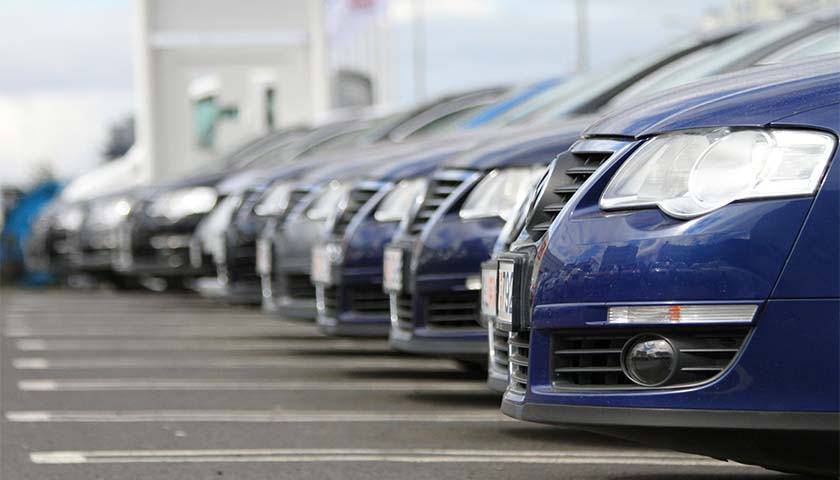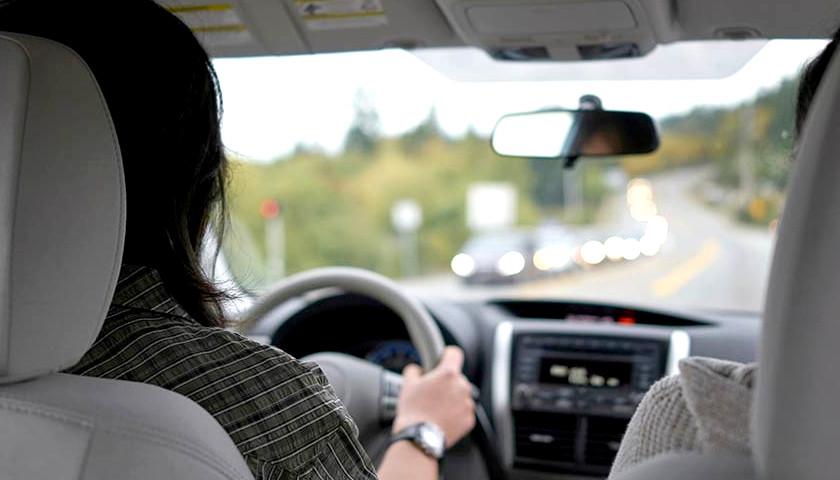by Scott McClallen
Renting out cars on Turo allowed Bill Huffhine of Rochester Hills to retire early.
But a bill package in the Michigan House could “triple-tax” the emerging peer-to-peer car-sharing industry, Huffhine said, and squash the thin margins that let him accelerate a one-vehicle side-hustle in 2018 into a 20-vehicle fleet.
Turo is like Airbnb for cars; an owner rents out vehicles to help cover the cost of insurance, registration, and rising gas prices.
House Bills (HB) 4915, 4916, and 4917 aim to assign liabilities, record-keeping, and add taxes for a shared vehicle owner unless the owner engaged in intentional fraud or misrepresentation.
The bill would require the shared vehicle owner and driver to be insured. Vehicles with safety notices must be repaired before vehicle-sharing use. Auto insurers can exclude coverage for some claims under shared vehicle insurance.
The bill aims to require fleet registration taxes, local excise taxes and allow other use taxes on the sharing program.
Huffhine said the package, pushed by traditional rental car agencies threatened by peer-to-peer car-sharing networks, would add taxes “on top of the taxes we’re already paying.”
A 2020 report by tech advocacy group NetChoice says big rental agencies like Enterprise, Hertz, or Avis that have fleets ranging from 300,000 vehicles up to 1.2 million vehicles are exempt from paying state sales tax on fleets – a loophole saving the companies $3.5 billion annually.
Meanwhile, Turo hosts pay vehicle sales tax and income tax on car-sharing earnings. The proposed bill package would add additional taxes.
“It’s a very unfair piece of legislation that imposes penalties upon us that traditional rental car companies don’t bear,” Huffhine told The Center Square in a phone interview.
The report found these rental companies load onto consumers additional costs under misleading labels of state-required fees, raking in about $650 million annually.
“State governments hand out billions to companies like Enterprise and Hertz, providing them an unfair advantage over competitors, like peer-to-peer car-sharing services,” NetChoice President Steve DelBianco said in a statement.
Grover Norquist, the president of Americans for Tax Reform (ATR), said the bills would add “daily fees” on people.
“For car owners, harnessing the network effect of smartphones and apps allows them to recoup some of the costs of car ownership – from taxes, to insurance, to sky-high gas prices – helping them make ends meet,” the letter to lawmakers dated April 27 said. “Additionally, car sharing can benefit the environment.”
Turo estimates that average hosts earn $10,000 a year before expenses.
“We encourage legislators to promote the innovation of new and emerging industries instead of burdening them with taxes, fees, and regulations that will only hurt taxpayers,” Norquist wrote. “Low taxes lead to more economic growth, jobs, and money in the pockets of hardworking Michiganders. As it stands, everyone involved is already taxed.”
– – –
Scott McClallen is a staff writer covering Michigan and Minnesota for The Center Square. A graduate of Hillsdale College, his work has appeared on Forbes.com and FEE.org.
Photo “Car Lot” by Helgi Halldórsson CC2.0.








